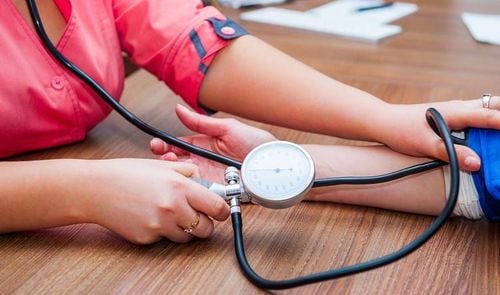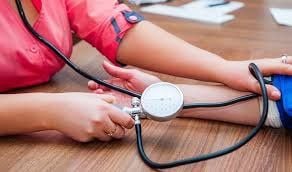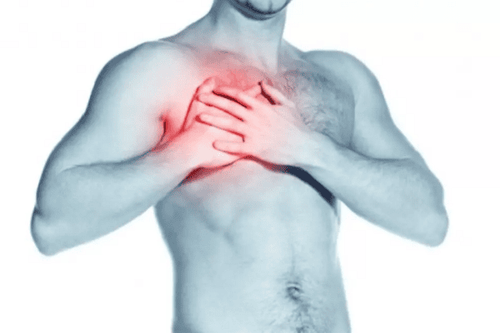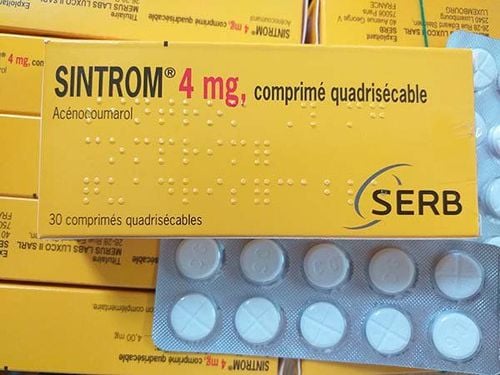Your heart rate changes frequently due to various factors, from your level of activity to the surrounding air temperature. A heart attack can also cause your heart rate to slow down or increase. Similarly, your blood pressure during a heart attack may rise or fall depending on factors such as these. In some cases, a person's resting heart rate may indicate a higher risk of a heart attack.
1. How does a heart attack affect the heart rate?
Your heart rate is the number of times your heart beats per minute. A normal or healthy resting heart rate for an adult ranges from 60 to 100 beats per minute. In general, the lower your heart rate, the more efficiently your heart pumps blood.
- Heart rate during exercise: When you exercise, your heart rate increases to meet the oxygen-rich blood needs of your muscles. When resting, your heart rate slows down because the demand decreases. When you're sleeping, your heart rate will also slow down.
- Heart rate during a heart attack: During a heart attack, your heart muscle receives less blood because one or more of the arteries supplying the muscle become blocked or constricted, and they cannot supply enough blood, or the heart’s need for oxygen (what the heart needs) is greater than what the heart can provide (the amount of oxygen the heart has).
Your heart rate is not always predictable.
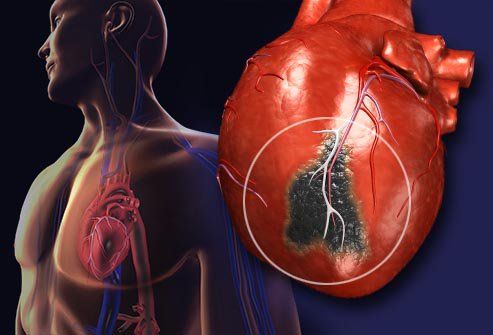
2. Some medications can slow down your heart rate
If you are taking medications that slow down your heart rate, such as beta-blockers used for heart disease, your heart rate may still remain slow during a heart attack. If you have a type of arrhythmia known as bradycardia, which causes your heart rate to be slower than normal, a heart attack may not increase your heart rate.
Some types of heart attacks can lead to abnormal slow heart rates because they affect the heart's electrical cells (the cells that control the heartbeat).
On the other hand, if you have a type of arrhythmia that causes a fast heart rate, which makes your heart beat faster than normal, your heart rate may continue to rise during a heart attack. Some heart attack types can also cause an increased heart rate.
If you have other conditions that make your heart rate fast, such as sepsis or an infection, they can stress your heart, not necessarily due to blood flow blockage.
Many people live with a fast heart rate without any symptoms or complications. However, if your heart rate is frequently fast at rest, you should see a cardiologist as soon as possible.
3. Symptoms of a heart attack
A fast heart rate is one of many possible symptoms of a heart attack. However, it is usually not the only sign that your heart is under strain. Some common symptoms of a heart attack include:
- Chest pain; it may feel sharp, tight, or like pressure on the chest.
- Pain in one or both arms, chest, back, neck, or jaw.
- Cold sweat.
- Shortness of breath.
- Nausea.
- A lightheaded feeling.
- A vague sense of impending doom.
If you think you or someone else may be having a heart attack, call emergency services immediately. The sooner you are diagnosed and treated, the less damage to your heart. Remember, never attempt to drive yourself to the emergency room if you're experiencing heart attack symptoms.

4. How different types of heart attacks affect heart rate?
There are three different types of heart attacks, each affecting heart rate in different ways:
- STEMI (ST-segment elevation myocardial infarction)
- NSTEMI (Non-ST-segment elevation myocardial infarction)
- Coronary artery spasm
STEMI heart attack
STEMI is a traditional type of heart attack. In STEMI, a coronary artery is completely blocked. The ST-segment is part of the heart's rhythm seen on an ECG.
In STEMI, heart rate often increases, especially if the front part of the heart is affected. However, it can also slow the heart rate due to:
- Beta-blocker use
- Damage to the conduction system (special heart muscle cells signaling when the heart should contract)
- Involvement of the back part of the heart
Symptoms:
- Chest pain or discomfort
- Dizziness or lightheadedness
- Nausea
- Shortness of breath
- Palpitations
- Anxiety, fainting, or loss of consciousness
NSTEMI heart attack
NSTEMI occurs when a coronary artery is partially blocked. It is less dangerous than STEMI but still very serious. In NSTEMI, heart rate tends to decrease, not increase, when monitored on an ECG.
Sometimes, if another condition like sepsis or arrhythmia causes an increased heart rate, this may lead to a mismatch in supply-demand. The demand for oxygen in the heart increases with rapid heart rate, but supply is limited due to blockages in blood vessels.
Symptoms:
- Chest pain or tightness
- Pain in the neck, jaw, or back
- Dizziness, sweating, nausea
Coronary artery spasm
A coronary artery spasm occurs when the muscles in one or more coronary arteries suddenly contract, narrowing the blood vessels. In this case, blood flow to the heart is restricted. This is less common than STEMI or NSTEMI.
Sometimes, the heart rate does not change, or changes very little, although it can cause a fast heart rate.
Symptoms:
- Short duration (15 minutes or less), but chest pain may repeat, often during sleep at night, and may be intense enough to wake you up
- Nausea, sweating, and feeling faint
5. The Effect of a Heart Attack on Blood Pressure
Blood pressure is the force of blood pushing against the walls of the arteries as it circulates throughout the body. During a heart attack, blood pressure changes unpredictably, similar to heart rate. Due to blockage in blood flow to the heart and parts of heart tissue being deprived of oxygen-rich blood, your heart may not pump as effectively as usual, leading to a drop in blood pressure.
A heart attack can also trigger a response from the parasympathetic nervous system, causing your heart and body to "rest" and not "fight" while the heart struggles to maintain blood circulation. This can further lower blood pressure.
Conversely, pain and stress during a heart attack may raise blood pressure.
Medications to reduce blood pressure, such as diuretics or ACE inhibitors, may help keep blood pressure low during a heart attack.
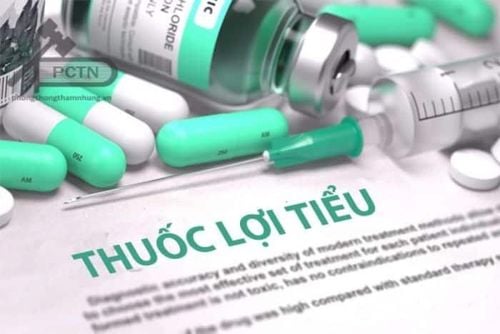
6. Risk Factors for Heart Attack and Their Effect on Heart Rate During a Heart Attack
Risk factors for heart attacks include both modifiable factors, such as weight, and factors beyond your control, such as age. Some common conditions that increase the risk of heart attack include:
- Advanced age
- Obesity
- Diabetes
- High cholesterol
- High blood pressure
- Inflammation
- Smoking
- Sedentary lifestyle
- Family history of heart disease
- Personal history of heart disease or stroke
- Poor stress management
7. Can Your Heart Rate Reveal Your Risk of a Heart Attack?
A very high or low heart rate can indicate a risk of heart attack. If a normal person has a continuous heart rate above 100 beats per minute or below 60 beats per minute, they should consult a doctor to assess their heart health.
Athletes, especially long-distance runners, typically have a lower resting heart rate and higher aerobic capacity. This is due to their heart and lungs being more efficient at delivering oxygen to the muscles. As a result, their heart rate tends to be lower than average.
Both characteristics are linked to a reduced risk of heart attack and death. Regular physical activity—such as walking, running, swimming, cycling, and other aerobic exercises—can help lower resting heart rate and improve your aerobic capacity.
While a fast resting heart rate may be a risk factor for heart attack in certain patients, heart attacks don't always involve a fast heart rate. Sometimes, the heart rate may slow down during a heart attack due to issues with the heart's electrical system. Similarly, blood pressure can fluctuate widely during a heart attack. Adopting a healthy lifestyle is crucial to maintaining stable blood pressure and heart rate, and medications can help improve heart health and reduce the risk of serious heart attacks.
To arrange an appointment, please call HOTLINE or make your reservation directly HERE. You may also download the MyVinmec app to schedule appointments faster and manage your reservations more conveniently.
Reference article: healthline.com
To arrange an appointment, please call HOTLINE or make your reservation directly HERE. You may also download the MyVinmec app to schedule appointments faster and manage your reservations more conveniently.
